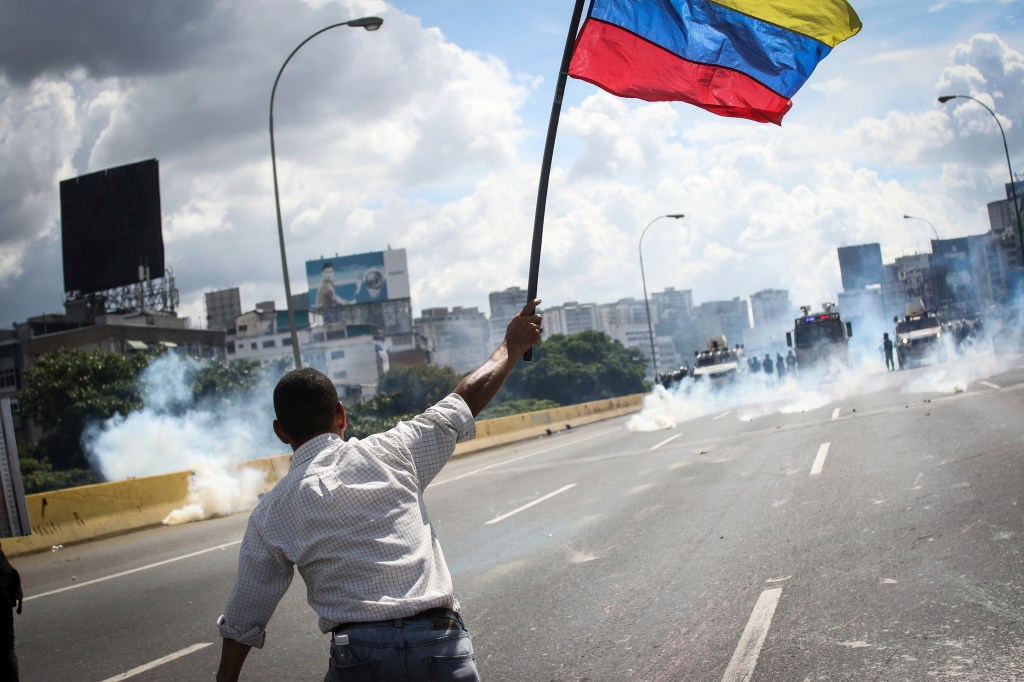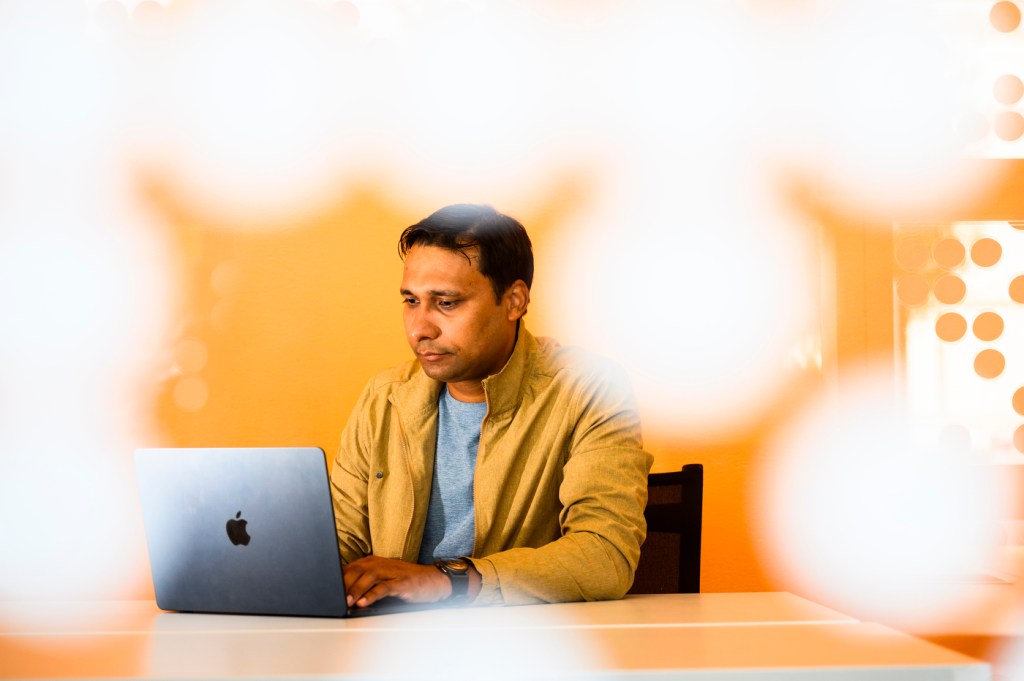Is the chaos in Venezuela ‘a picture of what might happen’ elsewhere, including the US?

Last month, the U.S. issued sanctions against eight members of Venezuela’s Supreme Court, a move intended to pressure the court to stop its efforts to obstruct the government’s legislature. The sanctions are only the latest in a chain of events in a country that’s in turmoil.
“Venezuela is spiraling into chaos,” according to José Buscaglia, professor and chair of the Department of Cultures, Societies, and Global Studies at Northeastern. Indeed, despite having the world’s largest oil reserves, Venezuela’s economy is only limping along, suffering from a deep recession and hyper-inflation. Food and medicine shortages are creating a humanitarian emergency. Late President Hugo Chávez created a “democratic dictatorship,” Buscaglia said, then handed the reigns over to current President Nicolás Maduro, an “incompetent” leader.
An expert in Central American studies, Buscaglia’s view of the future for Venezuela is grim.
“Overall, things are going to get much worse before they get better,” he said—a prospect that could spell chaos for other countries, including the U.S.
Do you think the recent U.S. sanctions against certain Venezuelan authorities will be effective?
I don’t see these sanctions having a big impact. At this point, Venezuela is almost already a narco state, run by international cartels and the mafia. A large part of its internal economy and a great deal of oil exports are currently happening under what we would consider informal channels as contraband. So, each of these people have ways of getting money into and out of the country. The sanctions might be problematic for some people but what is happening will continue to happen, and that is: Venezuela is spiraling into chaos. There is very little left of rule of law in the country.
How might that chaos affect other countries?
A very interesting part of this story is that (late Venezuelan president) Hugo Chávez was really the first in the line of new autocrats who have risen to power in the past 20 years around the world. Chávez was the first one to put together a movement and figure out a way to coopt the state from the inside by changing the constitution to make the country a military dictatorship.
Since him, other leaders have adopted that model—we’ve seen it in the Philippines, in Turkey, even to some extent in the U.S. with Donald Trump—and created this new line of what are essentially democratic dictators.
So, when we’re looking at the chaos in Venezuela, we need to look beyond the fact that it’s a national tragedy for Venezuelan citizens; there is a security issue in this continent. Venezuela was the first to unravel, but we could see in Venezuela a picture of what might happen in the Philippines, in Turkey, in Bolivia, and maybe even in the U.S.
Of course, it’s important to understand that these are all very different countries, but there’s a similar threat that runs through each of them.
Is there any immediate danger of this sort of instability spreading?
What happened in Venezuela is unique because it was the cooption of a democratic regime by changing the constitution—in other words, from within. But, this is just the latest example of a particular Latin American phenomenon, the caudillo and caudillismo: a military head of state and warlordism.
The thing here is that caudillismo is really dependent on a charismatic and motivated leader, like Chávez, or Fidel Castro. Once that leader dies, that particular regime is basically unsustainable because it relied so heavily on the charisma of one person. In Venezuela, Chávez made the decision to leave the reigns of government to (current president) Nicolás Maduro, who has turned out to be totally incompetent. It’s easy to bet against Maduro; he simply cannot hold the country together.
My biggest fear, however, is that the crisis in Venezuela could spread to more vulnerable countries in Latin America—Colombia just came out of a 100-year insurrection, for example. Luckily, Colombia has a great promise of political growth and I don’t think it’s vulnerable at this point to the instability in Venezuela, but you really never know.
If Venezuela were to cut off oil supplies to Cuba, that could easily destabilize Cuba, which would destabilize Mexico—half of Central America is already instable as it is.
Is there a solution?
I don’t think that the situation in Venezuela is going to get better anytime soon. I just don’t see a sustained and united opposition front. I take my hat off to the people who are going to the streets to try to save the republic, but I think it will collapse before they can save it. Overall, things are going to get much worse before they get better.
It will be up to the Venezuelan people to try to rescue their country, but I don’t know with what resources, and unfortunately, I don’t think America has done—nor could it do—anything significant to help. I don’t think Venezuela’s neighbors can really do anything, either; certainly, I don’t think the country can be saved by military intervention. This needs to be a political solution, but right now, the main interest of those jostling for control of the country is in making the country ungovernable.





